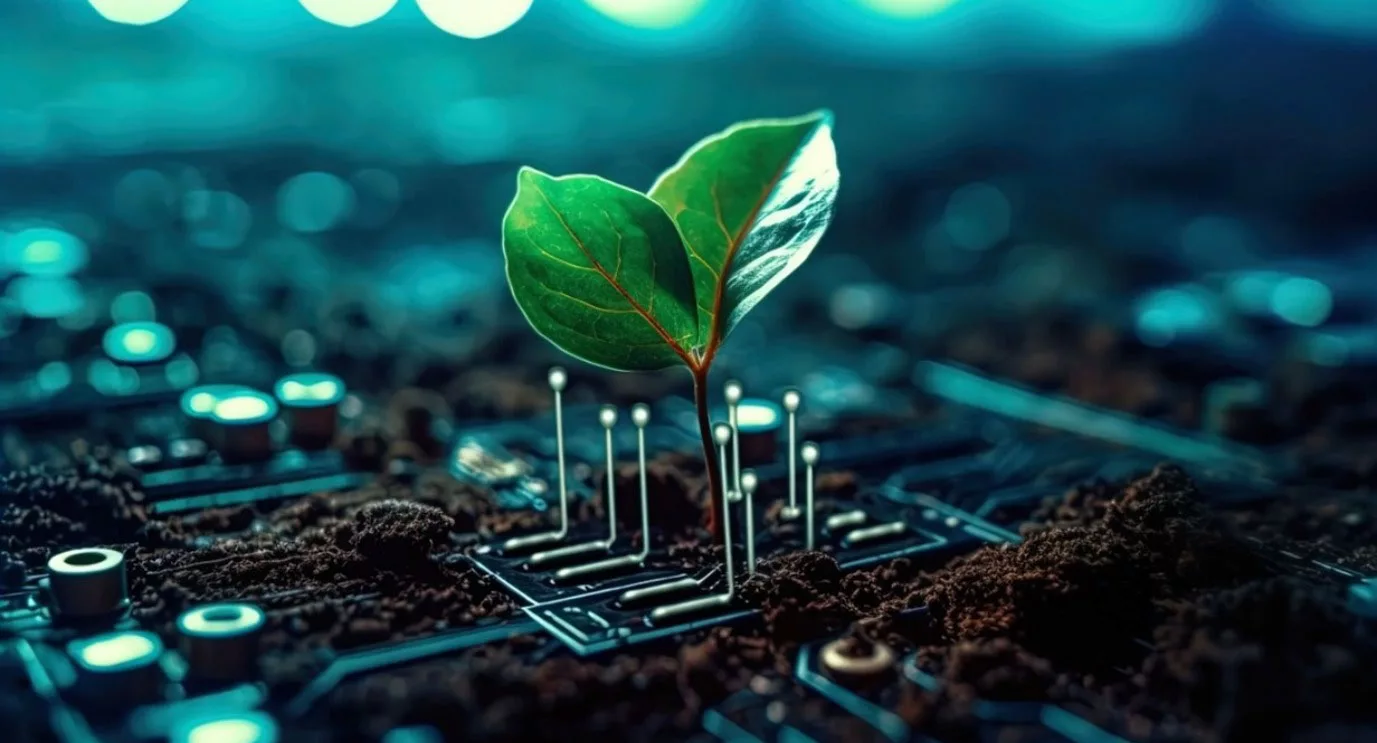
Biodegradable robots will be used in the project’s surroundings
Researchers at the University of Bristol are embarking on an exciting project aimed at creating biodegradable robots, which could transform our approach to environmental tasks. Funded by a grant of over £200,000 from the Leverhulme Trust, this two-year initiative seeks to design robots that can naturally decompose after completing their missions.
Conventional robots are typically made from hard, durable materials that are often toxic and non-biodegradable, posing serious risks to ecosystems. Once deployed, these robots require continuous monitoring and, at the end of their operational life, must be retrieved and disposed of properly to prevent environmental harm. This complicates robotic operations, and there’s always a risk that some robots might get lost or be impossible to recover, leading to unintended ecological damage. Additionally, tracking each robot limits the number that can be used at one time.
Dr. Jonathan Rossiter, a senior lecturer in the Department of Engineering Mathematics at the University of Bristol, and Dr. Ioannis Ieropoulos, a senior research fellow at the University of the West of England, are leading this innovative project. Their aim is to develop autonomous soft robots that emulate a crucial aspect of living organisms: the ability to decompose safely after their functional life is over.
Dr. Rossiter explained, “We’re aiming to break from traditional robotic design by focusing on biodegradable robots. Once a robot completes its task—like cleaning up after an oil spill—it will break down into harmless materials.”
The potential impact of these biodegradable robots is substantial. Without the need for constant tracking and retrieval, it becomes possible to deploy large numbers of these robots in various environments without concerns about ecological harm. This means hundreds, or even thousands, of biodegradable robots could be employed for tasks like ecosystem monitoring, cleanups, or data collection, all while ensuring a minimal ecological footprint.
A key aspect of this research involves enhancing the Ecobot, an autonomous robot originally created at the Bristol Robotics Laboratory (BRL). The Ecobot is designed to harness energy from the biomass in its environment, making it an ideal candidate for a biodegradable makeover. By integrating biodegradability into the Ecobot’s design, the scope of its potential applications could significantly widen, allowing it to operate in delicate ecological areas without adding to pollution or waste.
The environmental advantages of biodegradable robots are considerable. As we confront growing environmental challenges, such as pollution and habitat degradation, the ability to deploy robots that can safely reintegrate into ecosystems after completing their missions is invaluable. The research team is hopeful that this breakthrough could not only enhance the functionality of robots but also align technological advancements with ecological sustainability.
Moreover, these biodegradable robots could pave the way for new research and development opportunities in robotics. By designing systems that mimic natural processes, scientists can investigate how robotics can complement rather than conflict with nature. This shift in perspective could redefine the relationship between technology and the environment, leading to innovative solutions for various ecological challenges.
As the project evolves, the researchers are also examining materials that will allow these robots to decompose effectively. They are focused on identifying environmentally safe substances that break down without leaving harmful residues. This aspect is crucial, as the choice of materials will significantly influence the ecological impact of the robots.
In summary, the initiative at the University of Bristol marks a significant advancement in robotics, blending technological innovation with environmental responsibility. By developing biodegradable robots, researchers aim to provide sustainable solutions to various ecological issues while reducing human impact on natural ecosystems. As this project progresses, it holds the potential for a future where technology works in harmony with nature, contributing to a cleaner, safer, and more sustainable world.









